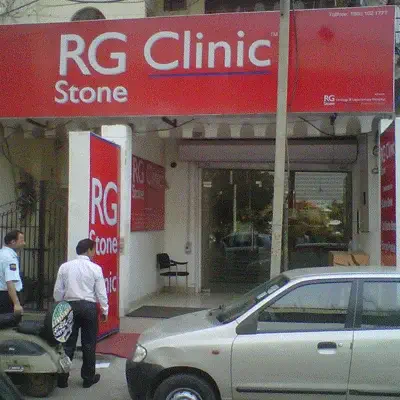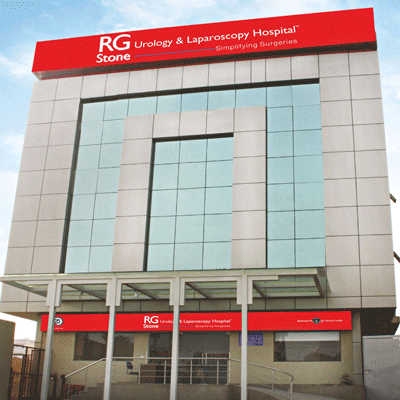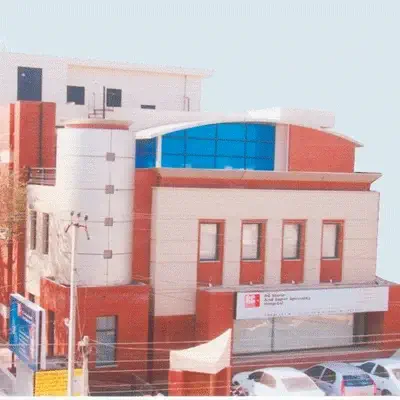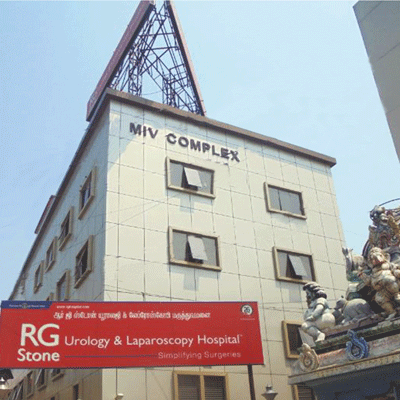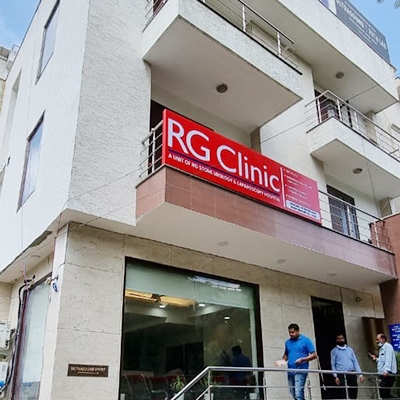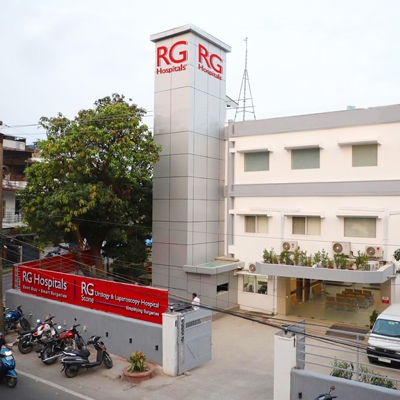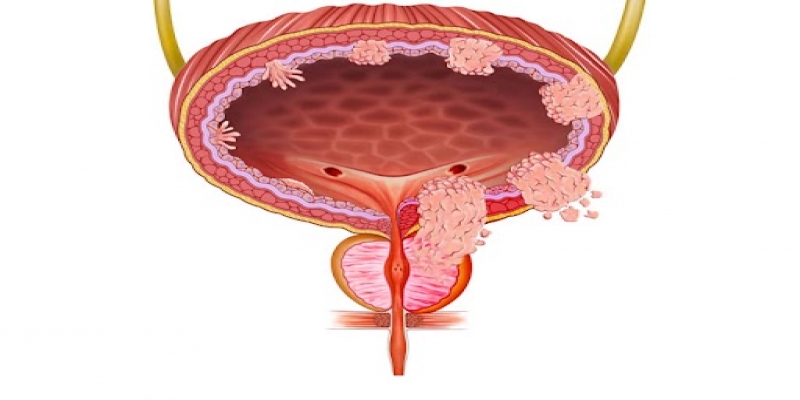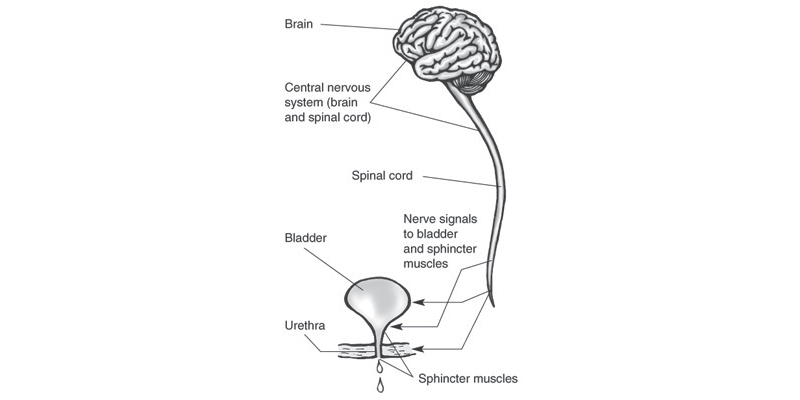Urinary bladder cancer originates in the cells lining the bladder, which is the organ responsible for storing urine. The exact cause of bladder cancer is not always clear, but certain risk factors can increase the likelihood of developing the disease. These include smoking, which significantly raises the risk, exposure to certain chemicals (especially in industrial settings), and a history of chronic bladder infections or irritation. Genetic mutations and family history can also play a role. Symptoms of bladder cancer often include blood in the urine (hematuria), frequent urination, painful urination, and pelvic pain. If these symptoms persist, it is crucial to seek medical attention to determine the underlying cause.
Diagnosing urinary bladder cancer typically involves a combination of medical history review, physical examinations, and diagnostic tests. A Cystoscopy, where a thin tube with a camera is inserted into the bladder, allows for direct visualization and biopsy of any suspicious areas. Urine tests and imaging studies, such as CT scans or MRIs, may also be used to assess the extent of the disease and detect any spread. Treatment options depend on the cancer’s stage and grade and may include surgery, chemotherapy, immunotherapy, or radiation therapy. Early diagnosis and personalized treatment plans are essential for improving outcomes and managing bladder cancer effectively.
Procedures & Interventions
Surgery is often used to remove tumors and, in some cases, the entire bladder. Options include Transurethral Resection of Bladder Tumor (TURBT) for superficial tumors and cystectomy for more invasive cases.
Chemotherapy uses drugs to kill cancer cells or inhibit their growth. It can be administered before surgery to shrink tumors or after surgery to eliminate remaining cancer cells.
Immunotherapy helps the body's immune system to recognize and attack cancer cells. It is often used for cancers that are not responsive to other treatments.
Radiation Therapy uses high-energy rays to target and destroy cancer cells. It can be used to treat cancer that is not operable or to relieve symptoms in advanced cases.
This involves delivering medication directly into the bladder via a catheter. It is commonly used to treat superficial bladder cancer and reduce the risk of recurrence.

Surgery is often used to remove tumors and, in some cases, the entire bladder. Options include Transurethral Resection of Bladder Tumor (TURBT) for superficial tumors and cystectomy for more invasive cases.

Chemotherapy uses drugs to kill cancer cells or inhibit their growth. It can be administered before surgery to shrink tumors or after surgery to eliminate remaining cancer cells.

Immunotherapy helps the body's immune system to recognize and attack cancer cells. It is often used for cancers that are not responsive to other treatments.

Radiation Therapy uses high-energy rays to target and destroy cancer cells. It can be used to treat cancer that is not operable or to relieve symptoms in advanced cases.

This involves delivering medication directly into the bladder via a catheter. It is commonly used to treat superficial bladder cancer and reduce the risk of recurrence.
Team of Excellence
Behind every recovery story at RG Hospitals is a team of exceptional doctors whose passion for healing and innovation continues to transform healthcare and redefine patient outcomes.
Find a DoctorLooking for an Expert
RG Hospitals is proud to be the home of some of the world's most distinguished doctors.

Patient Stories
View AllPatient Testimonial | Commitment To Care
Treated by Dr. Manoj Gupta , RG Stone Hospital, Dehradun
- All Locations
- New Delhi
- Haryana
- Punjab
- Kolkata
- Chennai
- Mumbai
- Goa
- Uttar Pradesh
- Uttarakhand







